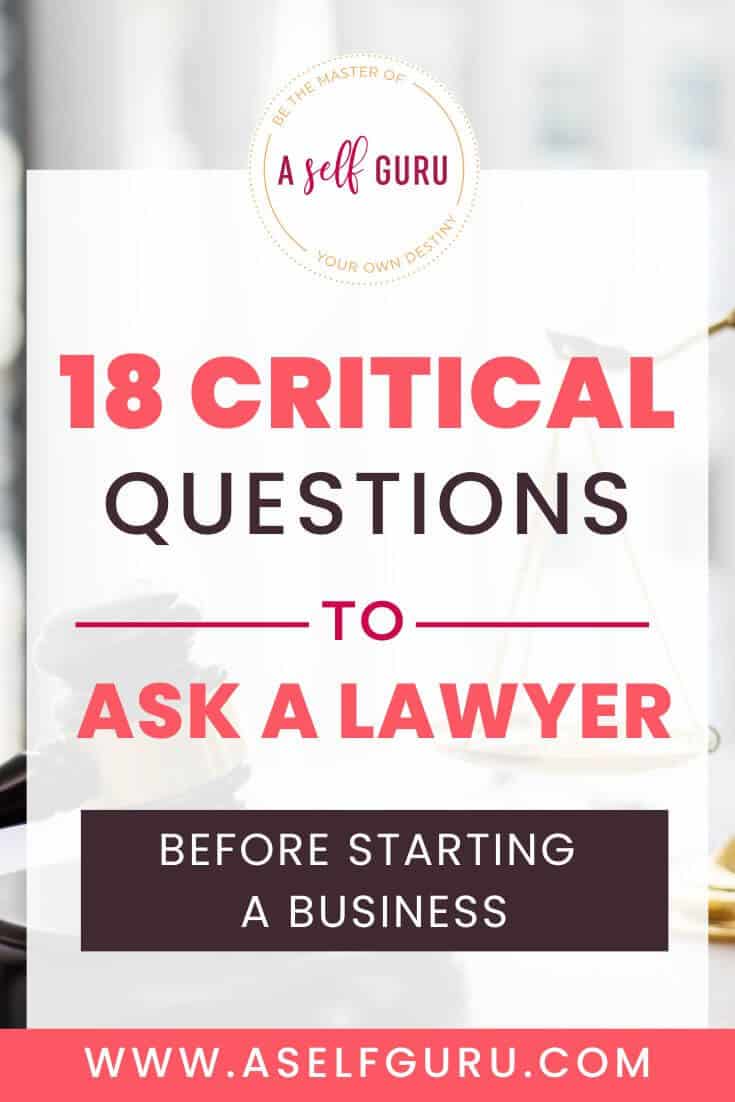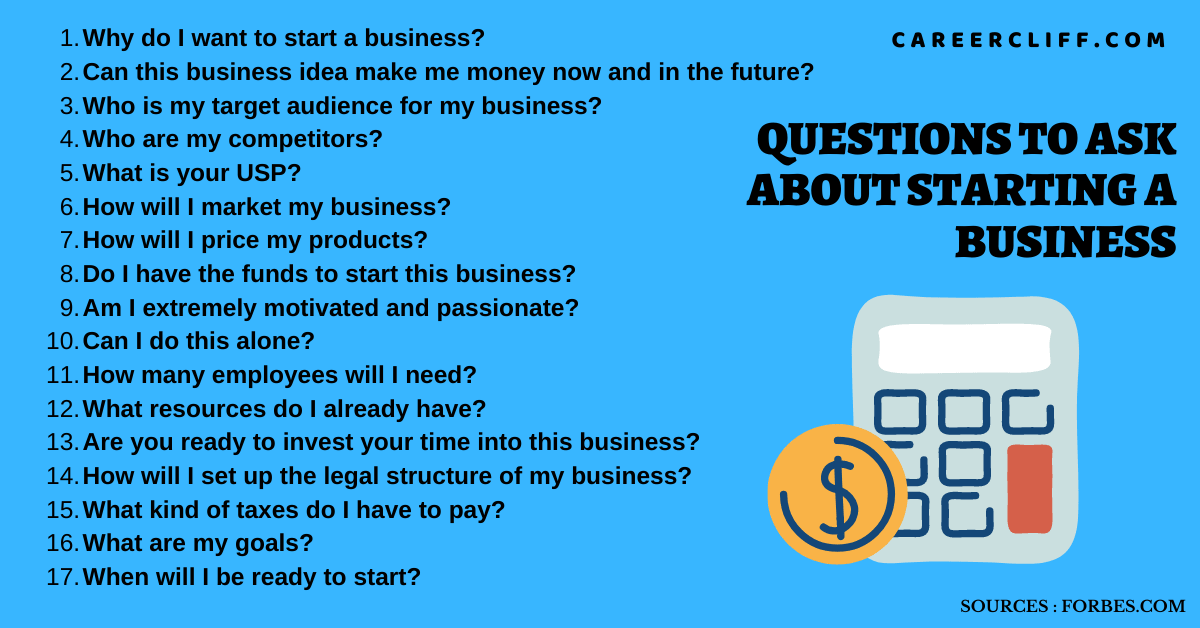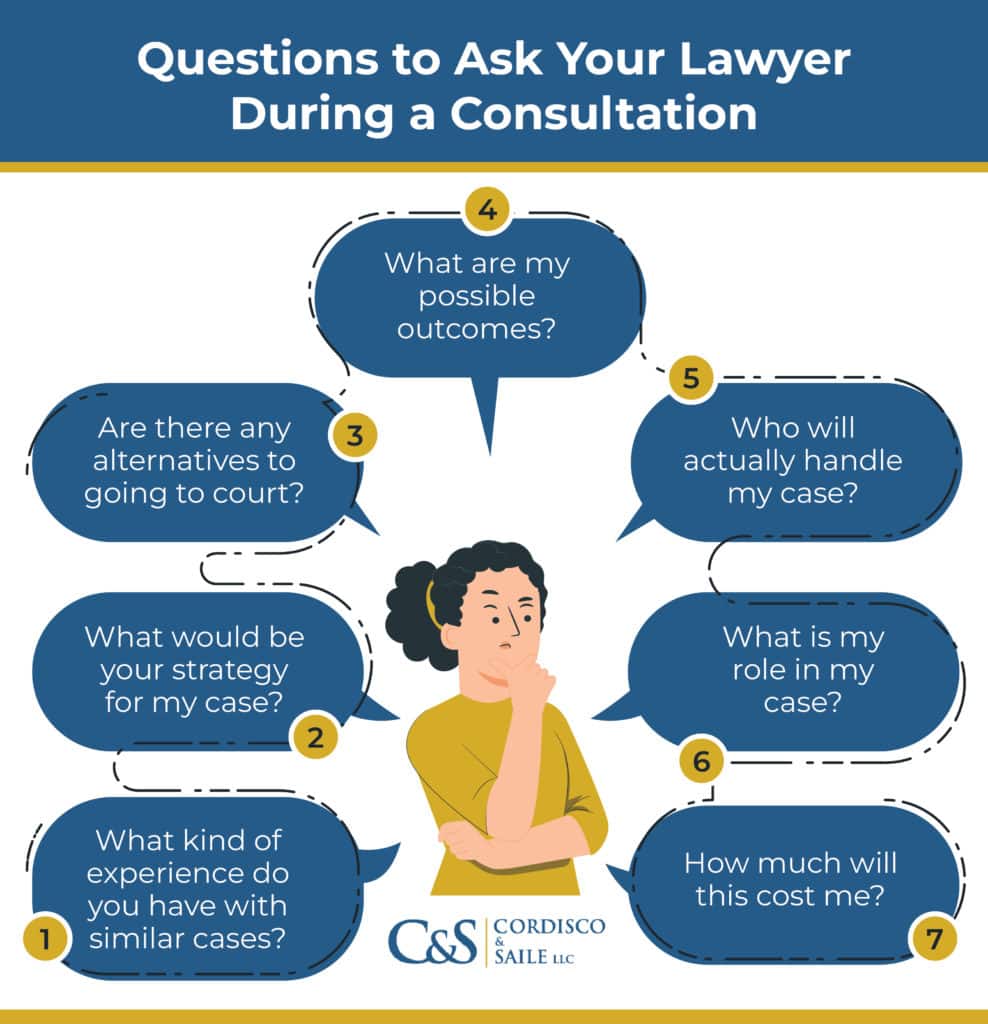Legal Questions To Ask When Starting A Business

The dream of starting a business is often fueled by passion and innovation, but neglecting the legal landscape can quickly turn that dream into a nightmare. Many entrepreneurs, eager to launch their ventures, overlook crucial legal questions, leading to costly mistakes and potential legal battles down the line. From choosing the right business structure to protecting intellectual property, navigating the legal complexities is paramount for long-term success.
This article examines essential legal questions every aspiring business owner should address before launching their venture. By understanding these key areas, entrepreneurs can lay a solid legal foundation, minimize risks, and focus on building a thriving and sustainable business. Ignoring these questions can result in fines, lawsuits, and even the closure of your business.
Choosing the Right Business Structure
One of the first and most crucial legal decisions is selecting the appropriate business structure. Common options include sole proprietorship, partnership, Limited Liability Company (LLC), and corporation. Each structure has different legal and tax implications, affecting liability, ownership, and administrative requirements.
Sole Proprietorship vs. Partnership
A sole proprietorship is the simplest structure, where the business is owned and run by one person, and there's no legal distinction between the owner and the business. However, the owner is personally liable for all business debts and obligations. A partnership involves two or more individuals who agree to share in the profits or losses of a business, with similar liability implications unless a limited partnership structure is chosen.
LLC and Corporation
An LLC offers limited liability protection, separating the owner's personal assets from business debts. This means that in most cases, the owner's personal assets are protected if the business incurs debt or faces lawsuits. Corporations, on the other hand, are more complex and are treated as separate legal entities, offering the highest level of liability protection but also requiring more stringent regulatory compliance.
Choosing the right structure depends on factors like the level of risk involved, the number of owners, and the long-term goals for the business. Consulting with a legal professional can provide clarity and ensure the chosen structure aligns with your specific needs.
Protecting Intellectual Property
Intellectual property (IP) can be a business's most valuable asset. Protecting it is essential to maintain a competitive edge and prevent others from profiting from your ideas. This includes trademarks, patents, copyrights, and trade secrets.
Trademarks and Patents
A trademark protects brand names and logos, preventing others from using similar marks that could cause confusion. A patent protects inventions, granting the inventor exclusive rights to make, use, and sell the invention for a specific period.
Copyrights and Trade Secrets
Copyrights protect original works of authorship, such as writings, music, and artwork. Trade secrets are confidential information that gives a business a competitive advantage, like formulas, practices, designs, or instruments.
Securing IP protection requires careful planning and execution. This may involve conducting thorough searches to ensure your intended trademark is available, filing patent applications, and implementing measures to safeguard trade secrets. It's wise to seek legal counsel to navigate the complex IP landscape.
Contracts and Agreements
Contracts are the backbone of business relationships. Clear and well-drafted contracts are essential to avoid disputes and protect your interests. This includes contracts with customers, suppliers, employees, and partners.
Key Contract Elements
A valid contract typically includes an offer, acceptance, consideration (something of value exchanged), and mutual intent to be bound. Contracts should clearly define the scope of work, payment terms, timelines, and dispute resolution mechanisms.
Importance of Review
Before signing any contract, it's crucial to have it reviewed by a legal professional. An attorney can identify potential risks, negotiate favorable terms, and ensure the contract is legally enforceable. Failing to do so can expose your business to significant liabilities.
Remember to document all agreements in writing to avoid misunderstandings. Relying on verbal agreements alone can be risky, as they can be difficult to prove in court.
Compliance with Laws and Regulations
Businesses must comply with a wide range of federal, state, and local laws and regulations. These regulations cover areas like employment, taxation, environmental protection, and consumer protection. Failure to comply can result in fines, penalties, and even criminal charges.
Staying Informed
Staying informed about relevant laws and regulations can be challenging, but it's essential. Resources like the Small Business Administration (SBA) and state government websites can provide valuable information.
Consider engaging a legal professional to conduct a compliance audit to identify any potential violations. Regularly review and update your business practices to ensure ongoing compliance.
Data Privacy and Security
In today's digital age, data privacy and security are paramount. Businesses that collect and process personal data must comply with relevant privacy laws, such as the California Consumer Privacy Act (CCPA) and the General Data Protection Regulation (GDPR).
These laws require businesses to implement reasonable security measures to protect personal data from unauthorized access, use, or disclosure. Failure to comply can result in significant fines and reputational damage.
Implement robust data security measures, including encryption, access controls, and employee training. Develop a privacy policy that clearly explains how you collect, use, and protect personal data.
Looking Ahead
Starting a business is a complex undertaking, but addressing these legal questions upfront can save you time, money, and headaches in the long run. Don't view legal compliance as a burden, but as an investment in the long-term success and sustainability of your venture. As your business grows, continue to seek legal advice to adapt to changing regulations and evolving business needs.


















